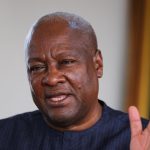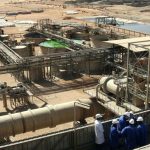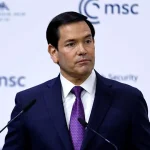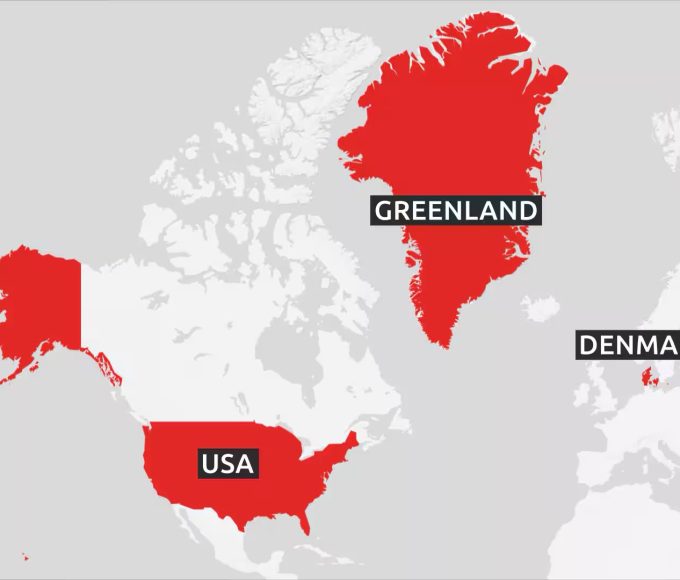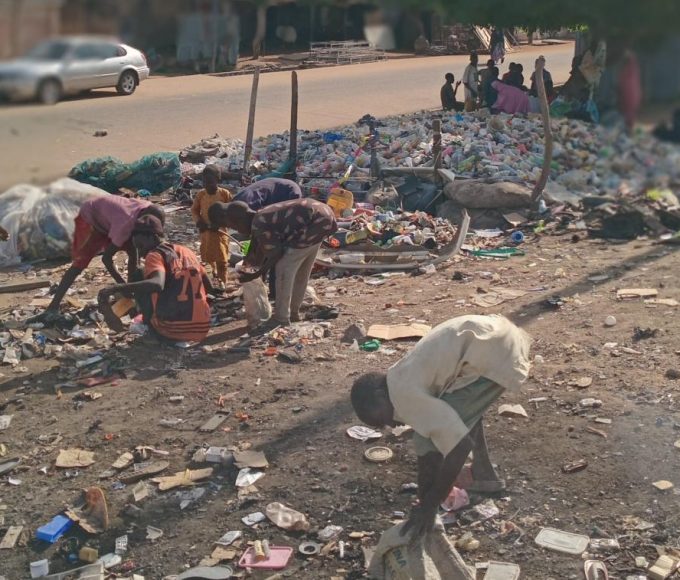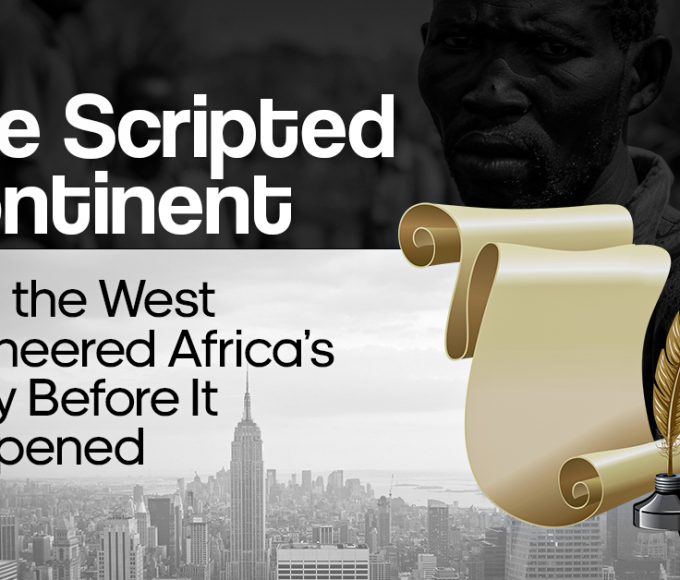
Leadership Crisis and the Future of Nigeria

Nigeria, the most populous African country with 230.8 million people (2023 est.), gained independence from Britain in 1960. Although a new constitution was adopted in 1999 to complete a peaceful transition to civilian rule, the country still faces the difficult task of institutionalizing democracy and reforming an economy dependent on petroleum. Since gaining independence, Nigeria has been unable to exercise democracy in its purest form. Instead of upholding the rights of its inhabitants and meeting their needs, the government has worked to enrich public officeholders at the expense of the general public. This is truly sad.
What is the cause of the Leadership Crisis?
The first step in solving a problem is realizing there is one. One on which the future of every bright country involved with Nigeria rests, but only if its citizens have a critical awareness of the role that they must play as prototypes for democratic practice. Nigeria is one of the biggest oil-producing countries. Despite this, its populace, who depend on their leaders for hope for a better future, live in extreme poverty while these officials eat at their patrimony.
Furthermore, they say that where there is plenty, greed follows. Who gains the greatest from oil? Who owns the oil—the government, the companies that refine and market it, or the neglected region where oil is drilled? You respond to it, but it’s probably not the masses. Ogoni hasn’t fully recovered from the environmental hazard caused by the oil spillage that led to the Activist Ken Sarowiwa’s death (RIP). The Niger Delta region is maligned politically. The communities that own natural resources, such as gold, uranium, bitumen, or oil, stand to gain the most. But in this case, the Nigerian government owns the land.
However, in the case of Nigeria, interested stakeholders, legally or otherwise, are welcome to the party of ownership. Illegal mining of solid or refining of liquid resources isn’t a strange conversation to an average Nigerian, nor is the illegal vandalism of crude pipelines and unauthorized shipping of oil vessels. For Nigeria to have a future, the lawlessness must come to an end while the rule of law takes a start.
Viewpoints on the Future of Nigeria
The ruling class treats elections as a boring option for the purported electorates once every four to eight years during an election cycle, citing the necessity to exercise popular power. There’s a cause for it—state capture. The results of the recent general election in 2023 have demonstrated that the people in power are no longer the elected but rather rulers who are erasing the existence of the electorates while replacing them with the ruled. This is because Mahmood Yakubu’s partisanship has produced a government that lacks the support of the people. Despite whatever political hostage-taking the contentious election has exposed to the country, legitimacy is still the power that only the people can grant. As things stand, this should concern every citizen since we are slowly entering into a dystopian one-party system of government where criticism from opposing parties or citizens is most likely to face government backlashes.
The approval rating of the people means democracy is at play. But where and when contentious elections are utilized to install someone with little to no vote of confidence in government, democracy has failed. Free and fair election is measured by the people’s approval rating. Never the electoral body nor the Supreme Court.
Nigeria’s future and its leadership crisis stand at a retrogressive crossroads, and the only people who can stop the effects of state capture, which the previous election has bestowed upon the country, are those who believe that democracy is the government of people willing to defend the constitution and oppose unconstitutionally recognized government. It is unarguably true that the way forward in Nigeria’s future is to solve the leadership crisis.
Read: NSCDC CG: Worries Over Increase In Illegal Oil Refinery
About The Author
Mayowa Durosinmi
author
M. Durosinmi is a West Africa Weekly investigative reporter covering Politics, Human Rights, Health, and Security in West Africa and the Sahel Region
Mayowa Durosinmi
M. Durosinmi is a West Africa Weekly investigative reporter covering Politics, Human Rights, Health, and Security in West Africa and the Sahel Region
Related Articles
Trump’s Greenland Threat Forces Europe to Taste the Logic of Western Colonial Power
It rarely begins with soldiers. More often, it begins with a sentence,...
ByWest Africa WeeklyJanuary 21, 2026Surviving Poverty Through Pollution: A Day in the Life of Adamawa Bola Boys
Before leaving Lagos, I was sure that I had left behind memories like...
ByBankole Taiwo JamesNovember 20, 2025The Nobel Peace Prize: A Weapon of Western Hegemony
From Dynamite to Diplomacy, the Birth of a Paradox Alfred Nobel, the...
ByAbdirahman Mohamed AhmedOctober 13, 2025Everything You Know About Africa Might Be a Lie: The Scripted Continent and How the West Engineered Its Story Before It Happened
What if the negative perceptions surrounding Africa are not simply organic but...
ByWest Africa WeeklySeptember 20, 2025



